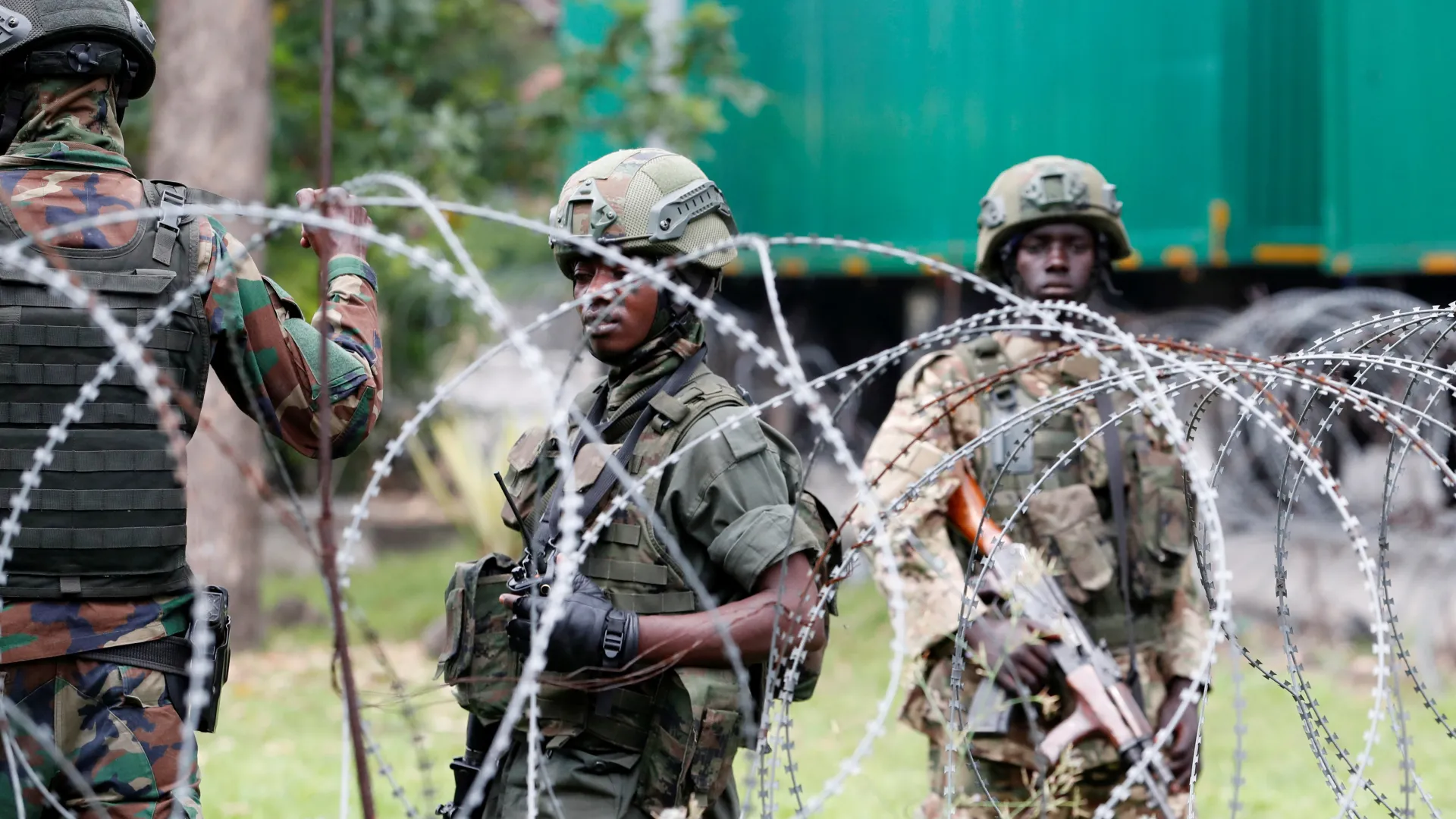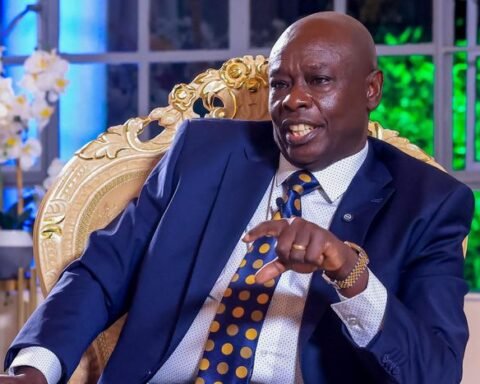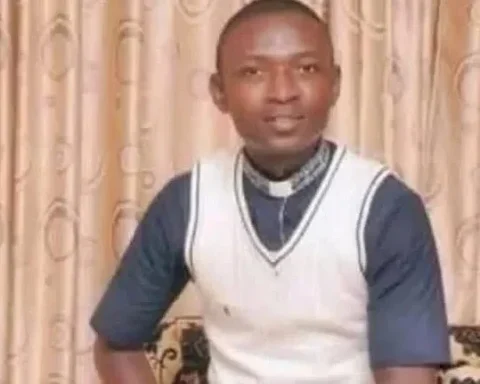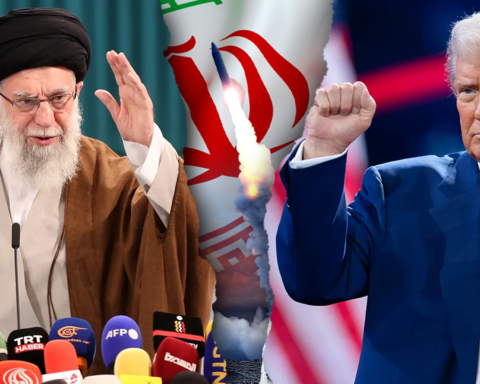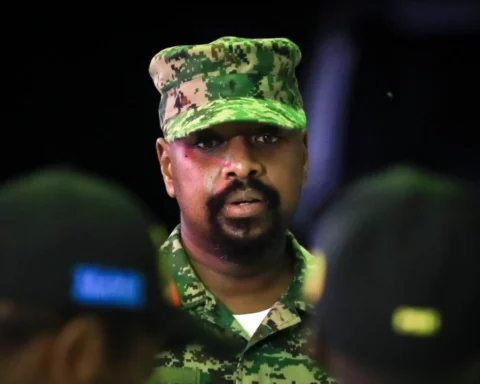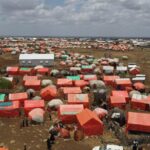Fresh developments in the ongoing conflict in eastern DR Congo have revealed a deepening rift between Rwanda and Corneille Nangaa, the political leader allied with the March 23 Movement (M23).
This comes just days after a United Nations report laid out clear evidence that Rwanda provided direct military, logistical, and strategic support to the M23 rebel group.
The report accuses Kigali of deploying around 6,000 troops in North Kivu, supplying drones and electronic warfare equipment, and facilitating the smuggling of conflict minerals such as coltan, gold, and cobalt from rebel-controlled areas.
Corneille Nangaa, who served as the former president of DRC’s electoral commission (CENI), joined forces with M23 in late 2023 under the banner of the Alliance Fleuve Congo (AFC)—a political wing meant to give legitimacy to the rebel movement. However, tensions are now reportedly mounting between him and Rwanda, which appears to be gradually pushing him aside.
According to analysts, the fallout stems from Nangaa’s alleged ambitions to expand the rebellion westward, potentially toward the Congolese capital, Kinshasa—a move Kigali is believed to strongly oppose. The Rwandan strategy seems to focus on maintaining influence over the eastern provinces, where lucrative resources and cross-border networks are concentrated.
Although Rwanda’s government has not publicly commented on the matter, insiders suggest that Nangaa has been “gradually marginalized” from key decision-making within M23.
This internal conflict comes at a time when international actors are trying to ease regional tensions. On June 27, 2025, Rwanda and the DRC signed a U.S.-mediated peace agreement in Luanda, Angola. However, the M23 was notably excluded from the deal, prompting criticism that any resolution not involving all active factions may prove short-lived.
M23 leaders, including Nangaa, are reportedly preparing to resume separate peace talks in Qatar, as reported by Reuters, signaling the lack of consensus even among opposition groups.
The Democratic Republic of Congo’s government continues to accuse Rwanda of destabilizing the region, while Rwanda insists its involvement is defensive—primarily aimed at neutralizing the FDLR, a Hutu rebel group allegedly operating inside Congolese territory.
Also Read; Africa’s Role with BRICS Grows More Strategic
More than 7 million people have been displaced due to violence in eastern Congo since the M23 offensive resumed in 2021. Civilians in rebel-held zones report widespread abuses, including forced recruitment, extortion, and sexual violence—violations the UN says may amount to war crimes.
The region’s mineral wealth is both a curse and a commodity: while it fuels local conflicts, it also feeds global supply chains for smartphones, batteries, and aerospace technology. Recent UN findings have linked Rwandan exporters to illicit mineral flows, raising alarms among international regulators and human rights advocates.
The marginalization of Nangaa might appear to be a tactical move, but it also speaks volumes about Rwanda’s longer-term goals. By separating political and military functions within M23, Kigali may be trying to limit any attempts by rebel leaders to act beyond its influence.
Still, the exclusion of M23 from the peace process and the rising humanitarian cost could undermine hopes for stability. Without inclusive dialogue and accountability, the situation risks spiraling further—dragging the Great Lakes region into another prolonged conflict.

